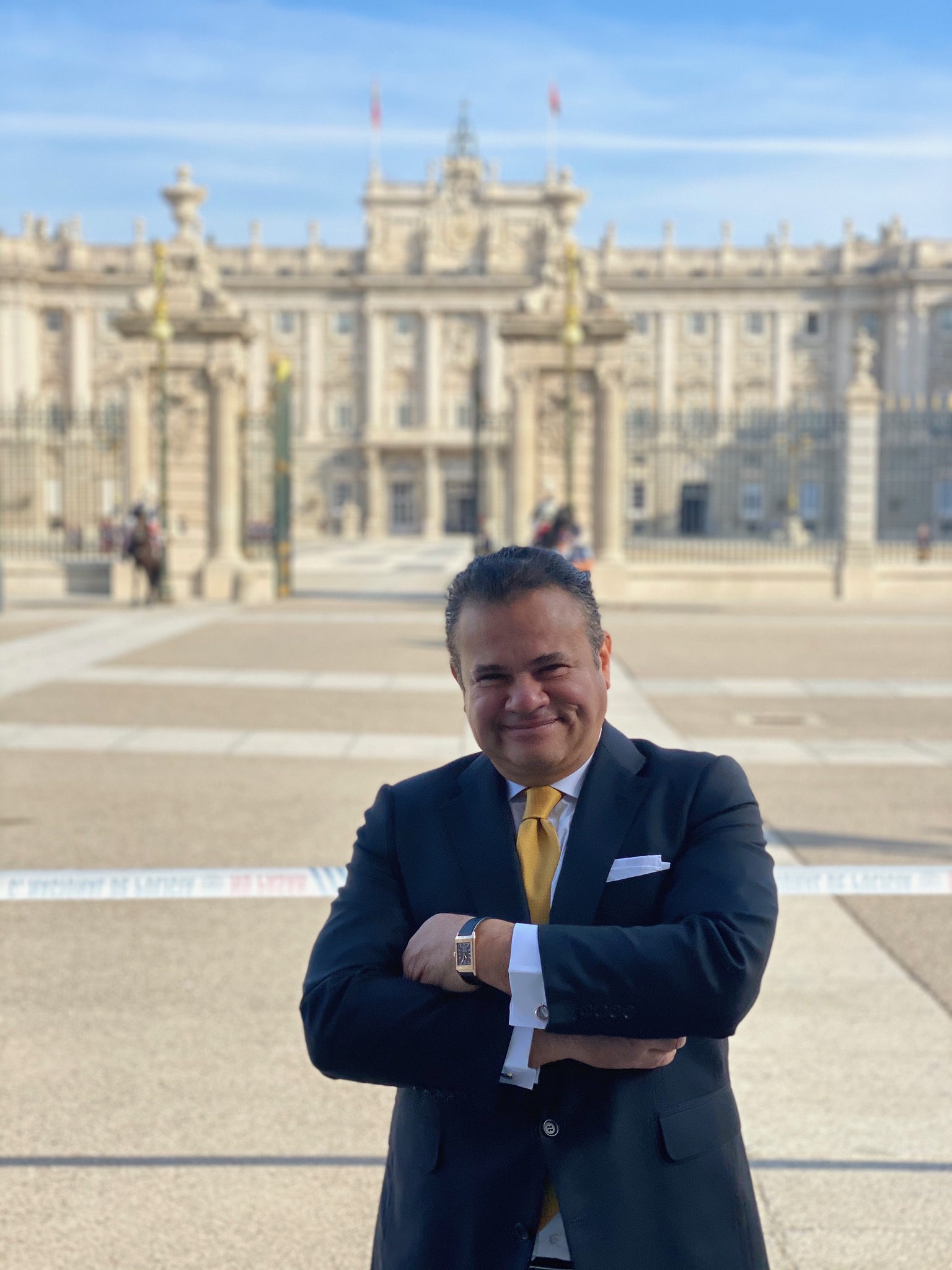Education is a human right, a collective responsibility, and a source of innovation to design the future we aspire, which is why it is essential to understand the importance of reflecting on whether we have the educational system that allows us to create professionals trained to face the challenges of tomorrow.
As Irina Bokova, the Director-General of UNESCO, said, “We need a fundamental shift in the way we think about the role of education in global development because it has a catalytic effect on the well-being of individuals and the future of our planet…Now more than ever, education has a responsibility to keep pace with the challenges and aspirations of the 21st century, and to promote the right kinds of values and skills that will lead to sustainable and inclusive growth and peaceful life together.”
For the energy industry, the challenge is clear: we need to address the transformation of the business and its processes towards “greener” systems. This transformation has to be done by transitioning to renewable energies and by optimizing non-renewable energy processes that help reduce their environmental impact as much as possible.
Undoubtedly, in recent years, we have achieved significant progress in developing an environmentally friendly workforce, and countries’ efforts worldwide in this area are increasing. However, the next step must be to understand that this mentality shift must be connected in the minds of new talents at more early stages for them to understand it as the basis of the work model. This moment has to be when young people receive a university education, specialize in professional sectors, and are close to starting to exercise their profession. Now, how do we address this change?
In my opinion, it is a matter of values. We must bet on an educational strategy not focused on knowledge itself but on the transformation of current lifestyles, the consumption parameters of civilization, and the prevailing values that make our lives unsustainable.
This change in the way we understand education for future generations will allow us to introduce into the business and institutional fabric key elements that will modify procedures, policies, the way we relate to nature, and even the functioning of markets. Therefore, if asked which fundamental competencies to include to transfer this vision, I would say the following:
- Minimize the environmental impact of industrial and economic activities as much as possible.
- Assume an ethical code of conduct and action based on a sustainability strategy.
- Monitor the constant advance of technology and evaluate its impact
- Learn how to work in multi- and interdisciplinary environments.
- Understand the negative environmental, social, and economic impact of activities to try to reduce it
I am confident that by betting on this educational model thinking shift, we will be one step closer to having the needed professionals and, to become the type of citizens we must be and respect the world.

 Owner of several companies in the energy and mining sector, and inventor of the design and engineering of the Super Matroid Heater and Ultra Filtration Systems for the oil and gas industries.
Owner of several companies in the energy and mining sector, and inventor of the design and engineering of the Super Matroid Heater and Ultra Filtration Systems for the oil and gas industries.
